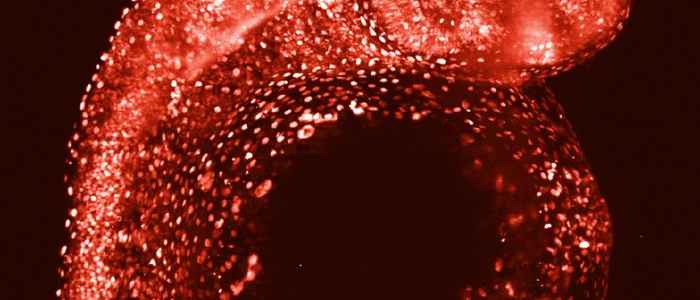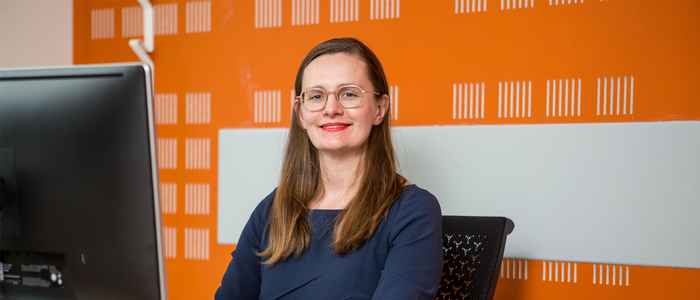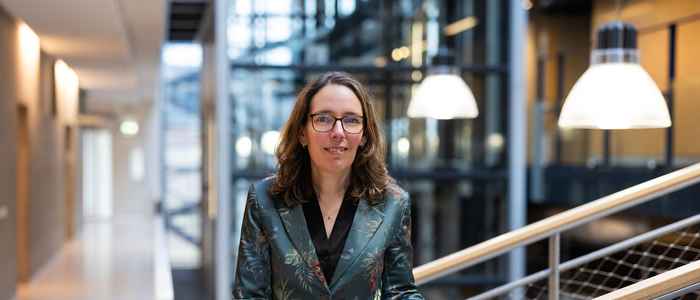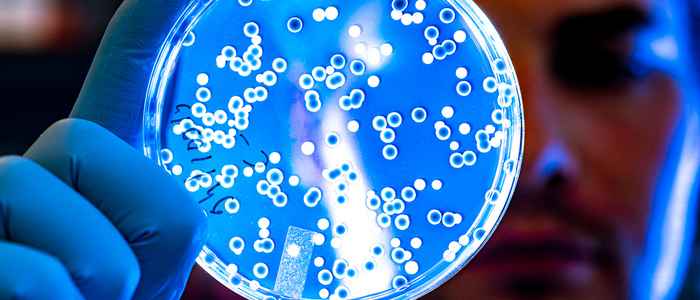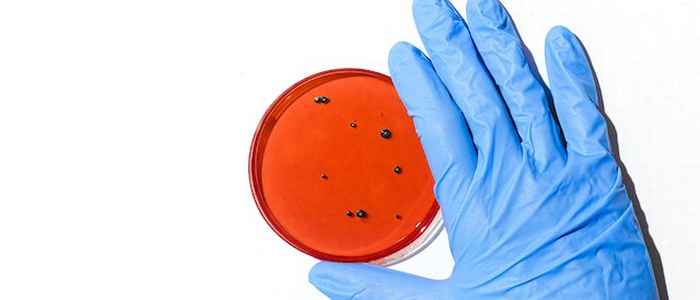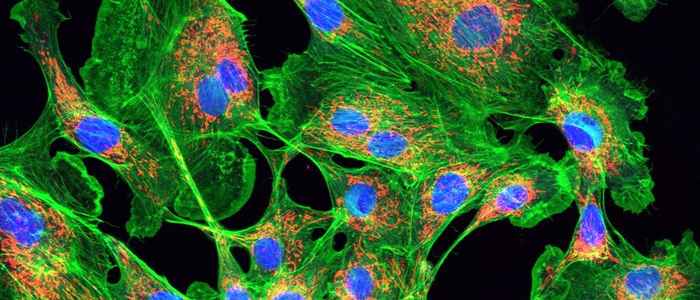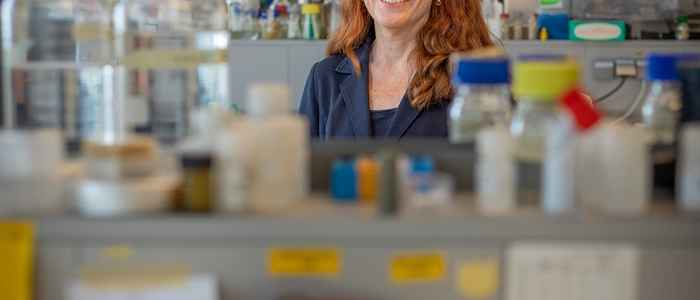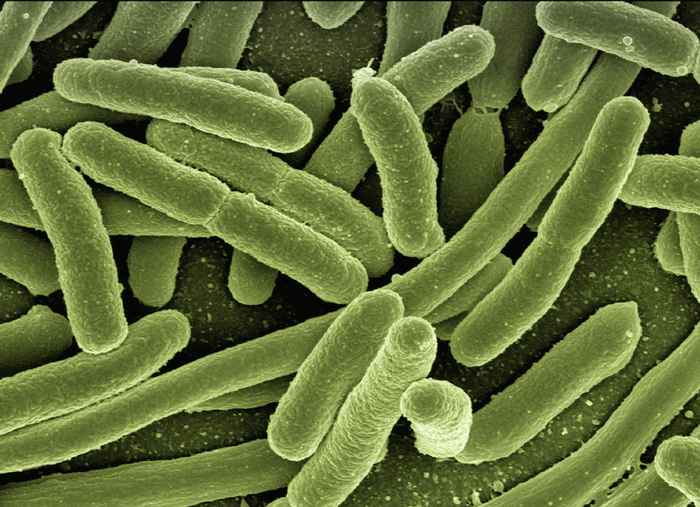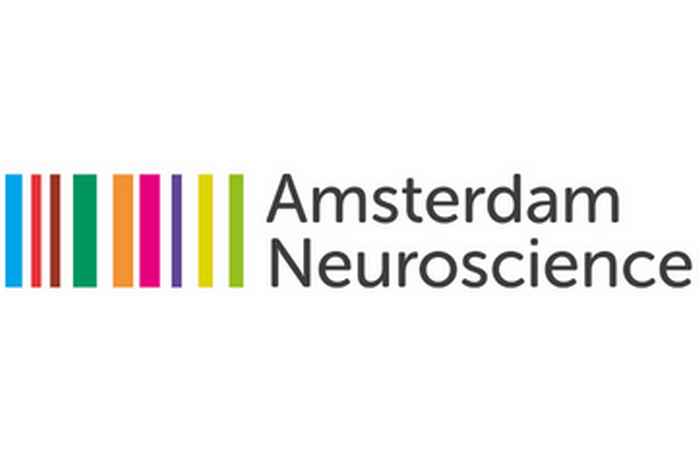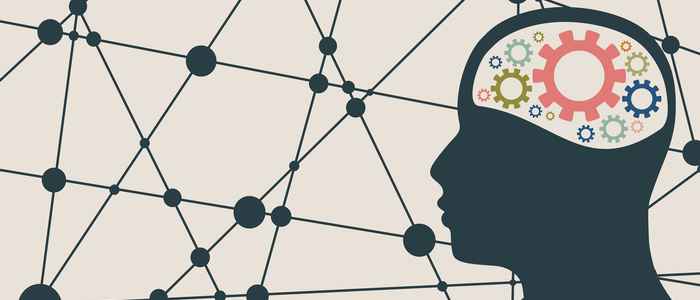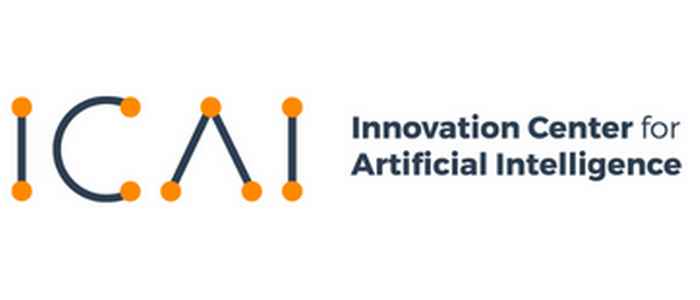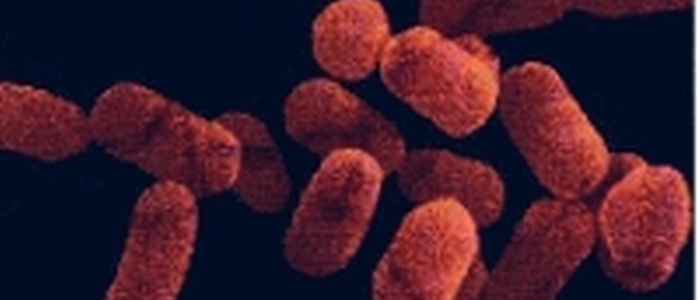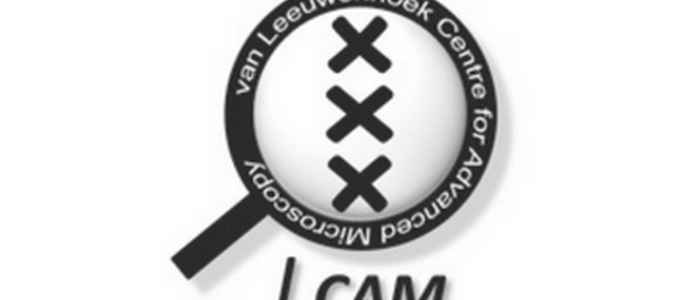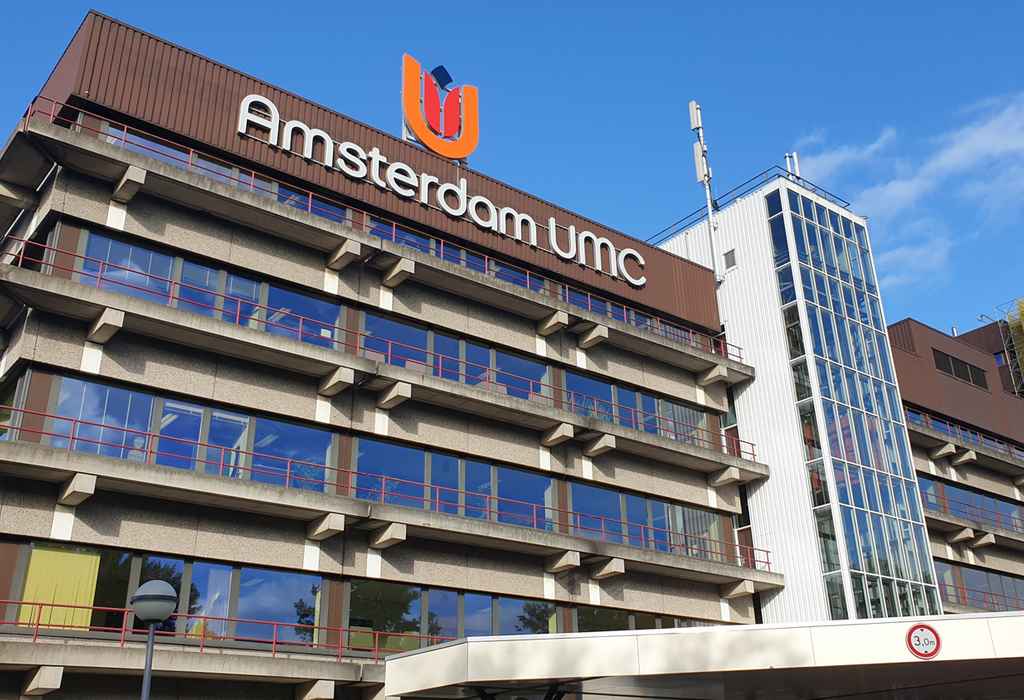Priority areas
Microbiology research and - more specifically - research on the microbiome is a key priority at our Swammerdam Institute for Life Sciences The human body is home to a complex interplay of diverse micro-organisms such as bacteria, viruses and yeasts. While they play a key role in our health, numerous factors can upset the balance of our microbiome. The research is being conducted in collaboration with partners including Amsterdam UMC and ACTA as part of the Amsterdam Microbiome Initiative and Personal Microbiome Health project.
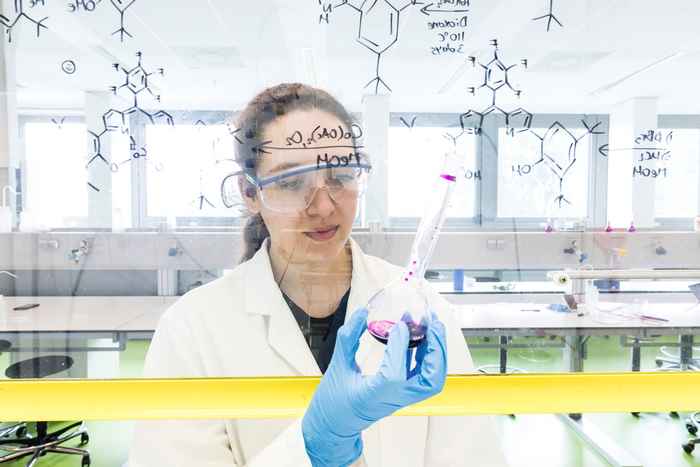
Neuroscience represents another key specialisation at the life sciences institute. Researchers in this field conduct fundamental research on the structure of the human brain and information processing. Their efforts have led to the creation of the Amsterdam Brain and Cognition platform and interdisciplinary Centre for Urban Mental Health.
We conduct extensive fundamental research in areas such as genetics, immunology and cancer biology as part of the Cell and systems biology. Our bioinformaticians and the Van Leeuwenhoek Centre for Advanced Microscopy are also noteworthy in this regard. The latter is a partnership with Amsterdam UMC and Antoni van Leeuwenhoek/Netherlands Cancer Institute focused on high-tech microscopic techniques.
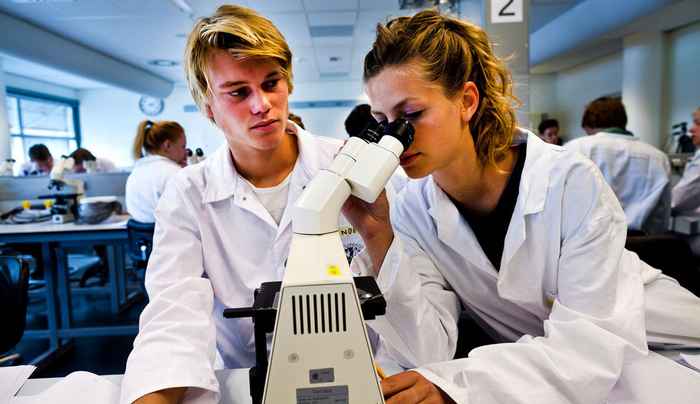
Several of our other institutes are also working to improve human health, typically as part of interdisciplinary collaborations. For example, our computer scientists are developing algorithms for the assessment of medical images, ranging from microscopic pathology images to radiological scans. Algorithms and AI are also key to the interdisciplinary Artificial Intelligence for Health Decision-Making research line..
Our chemistry institute, the Van 't Hoff Institute for Molecular Sciences, is developing cancer imaging technologies and treatments on the basis of nanocrystals. The medically oriented lines of research at our physics institute are focused on developing metamaterials for use in prosthetics and other applications, and aerosol transmission. Our mathematicians contribute to the development of statistical health models, such as survival analysis models.
